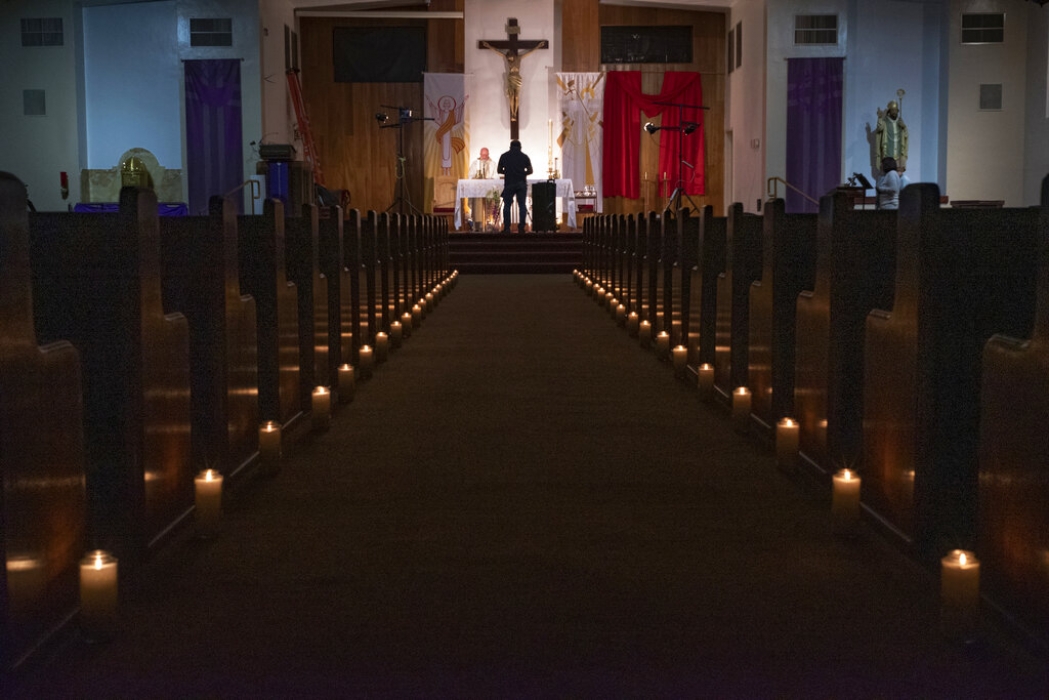In South Bay United Pentecostal Church v. Newsom 590 U. S. ____ (2020), the U.S. Supreme Court 5-4 declined to enjoin enforcement of California Gov. Gavin Newsom’s Executive Order limiting attendance at places of worship to 25% of building capacity or a maximum of 100 attendees.
Church sought injunction to stop order limiting attendance
The San Diego-based South Bay United Pentecostal Church and Bishop Arthur Hodges III sued, alleging that the executive order violated their rights under the Free Exercise Clause of the First Amendment. A federal district court denied the injunction and the 9th U.S. Circuit Court of Appeals affirmed summarily.
The plaintiffs then sought an emergency application for injunctive relief from the U.S. Supreme Court.
Court said order did not violate First Amendment
The Court denied the motion without an opinion from Justice Elena Kagan, to whom the petition was presented. Chief Justice John Roberts, in a concurring opinion, wrote that “[a]lthough California’s guidelines place restrictions on places of worship, those restrictions appear consistent with the Free Exercise Clause of the First Amendment.”
Roberts noted the similar restrictions applied to many secular businesses, such as concerts, movie showings, spectator sports, and theatrical performances. Citing Jacobson v. Massachusetts (1905), he noted that decisions regarding the safety and health of the people are principally entrusted to “politically accountable officials” of the states.
Dissenters said guidelines discriminated against places of worship
Justice Brett Kavanaugh – joined by Justices Clarence Thomas and Neil Gorsuch – authored a dissenting opinion that would have granted temporary injunctive relief. Kavanaugh wrote that California’s latest guidelines “discriminate against places of worship and in favor of comparable secular businesses.”
He added that “California has ample options that would allow it to combat the spread of COVID-19 without discriminating against religion.”
Justice Samuel Alito also voted in dissent but did not join Kavanaugh’s opinion.
On Feb. 5, 2021, the Court in South Bay United Pentecostal Church v. Newsom, 141 S.Ct. 716, finally granted a major portion of the injunctive relief that it had refused to offer when the case came to the Court earlier.
David L. Hudson, Jr. is a First Amendment Fellow at the Freedom Forum Institute and a law professor at Belmont University who publishes widely on First Amendment topics. This article was published June 3, 2020.

